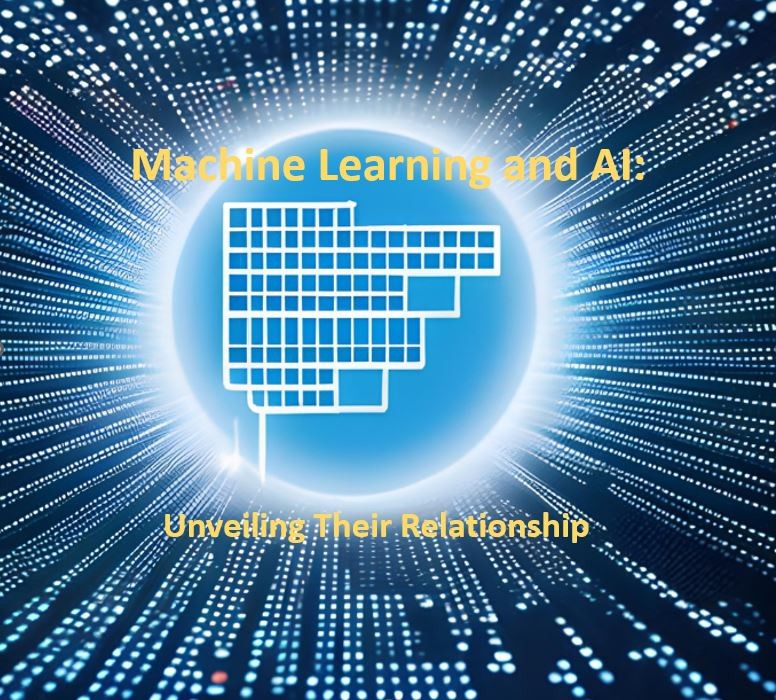
Demystifying Machine Learning and AI: Unveiling Their Relationship
Leon Paaijmans LLM
Digital Transformation | Next-Generation Technologies | Sustainability Evangelist | Industry 4.0
Introduction
In the vast realm of data science, machine learning and artificial intelligence are often used interchangeably, leading to confusion about their true nature and relationship. In this blog post, we will delve into the essence of machine learning and AI, examining their similarities, differences, and how they complement each other in the world of data-driven decision-making. Let's embark on a journey to demystify these complex concepts and gain a clearer understanding of their interconnectedness.
Understanding Machine Learning
Machine learning, though defined in numerous ways, can be simplified by examining the role of data scientists. These experts are proficient in extracting insights from data, utilizing techniques like data analysis and data mining. However, the key aspect that distinguishes true data scientists is their proficiency in machine learning. Machine learning involves transforming raw data into models or algorithms that enable data scientists to make informed decisions.
The Outputs of Data Science
When it comes to the outputs of data science, two main components come into play: the model or algorithm and the data visualization, dashboard, or reports. Data analysts and scientists create models that serve as representations of real-world phenomena, enabling decision-making based on reliable predictions and insights. Additionally, they leverage data visualization tools to present the analyzed data in a more comprehensible and actionable manner.
Machine Learning vs. AI
It is a common misconception to consider machine learning as a type of AI. To clarify this misconception, let's explore their relationship using an analogy. Just as an engine is a vital part of a car, machine learning is an integral component of AI. While AI encompasses a broader range of technologies and techniques, machine learning is one of the fundamental mechanisms employed within AI systems. Comparing machine learning to an engine and AI to a car helps us grasp their interdependency and distinction.
领英推荐
AI as Human Behavior Mimicry
Defining AI is a dynamic process, influenced by the evolution of technology over time. Presently, AI can be understood as the emulation of human behaviour through machines, characterized by two essential features: the automation of human decision-making and the ability to learn and improve performance. However, it's important to note that machine learning alone does not equate to AI. The use of powerful algorithms like deep neural networks does not automatically confer AI capabilities.
The Power of Automated Learning
The true strength of AI lies in its ability to continuously learn and improve. By leveraging feedback data, AI systems can enhance their performance over time. When an AI model aligns with human experts' decision-making consistently, it demonstrates its effectiveness. Although human oversight is crucial to address biases and ensure ethical decision-making, the goal is to automate processes to enable faster and more efficient decision-making.
The Digital Transformation of AI
AI's transformative power stems from its ability to digitize and analyze vast amounts of data. As AI systems gather training data and iteratively improve their models, they contribute to a better understanding of complex phenomena. Through this process, AI enhances decision-making and action-taking capabilities. The digitization of the AI process facilitates real-time feedback, allowing for faster adjustments and more accurate outcomes.
Conclusion
Machine learning and AI are intricately linked, with machine learning serving as a vital component of AI systems. While machine learning focuses on transforming data into models, AI extends beyond to automate human decision-making and improve performance through continuous learning. Understanding their relationship provides valuable insights into the capabilities and potential of these technologies. As AI continues to evolve, embracing its power can drive transformative changes across industries, empowering decision-makers with enhanced precision and efficiency.
-???????in this blog, I have incorporated insights that I received from @Michael Wu during lectures at UC Berkeley -?